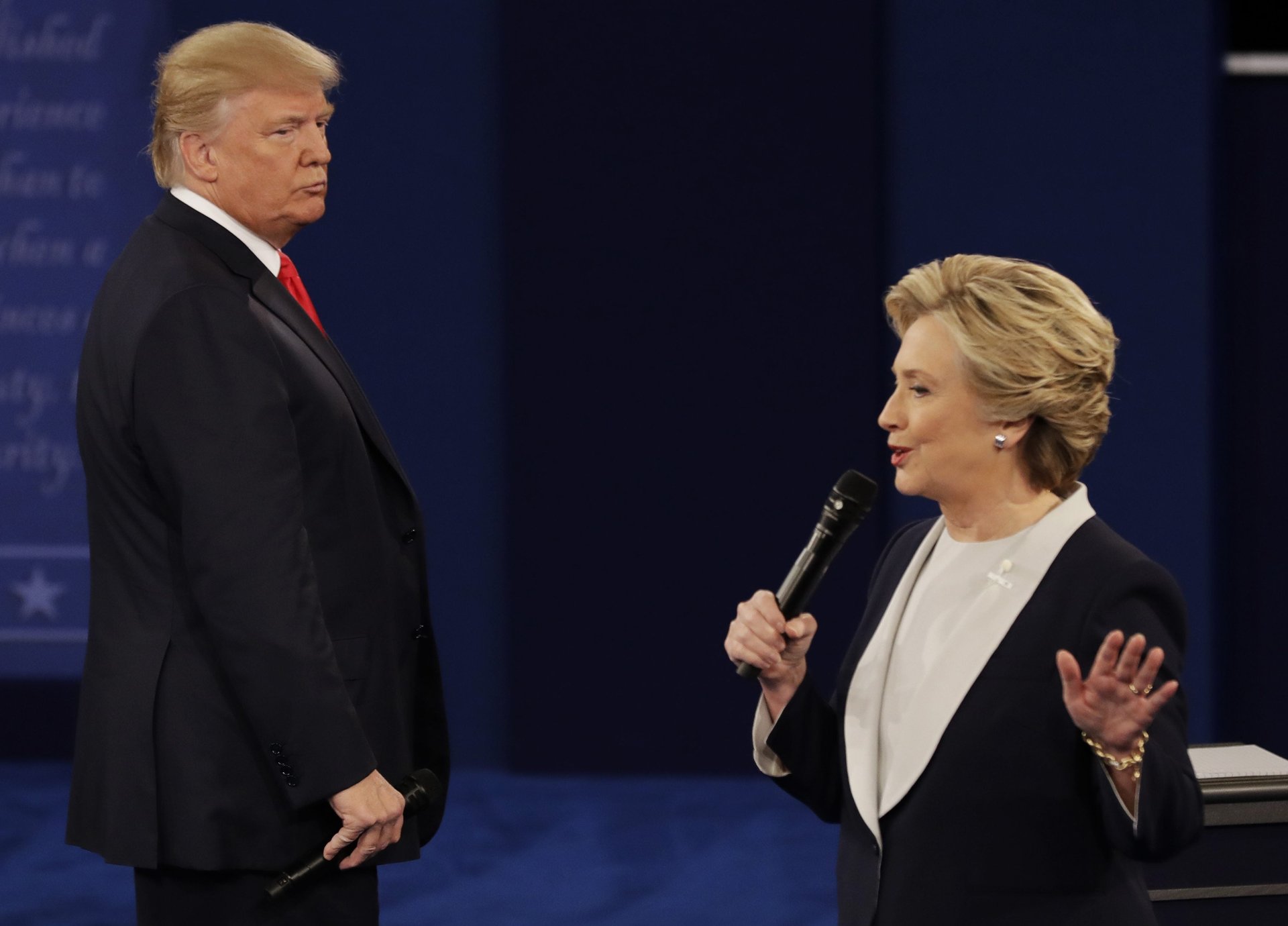Believe your eyes: Trump really is blowing up the Republican Party
Donald Trump is making explicit what many have had trouble believing for a long time–on his way to apparent defeat in the Nov. 8 presidential election, he is prepared to bust up the furniture, break the windows, and finally burn down the GOP’s Big Tent. And, if some leading Republicans are consumed in the fire, so be it.


Donald Trump is making explicit what many have had trouble believing for a long time–on his way to apparent defeat in the Nov. 8 presidential election, he is prepared to bust up the furniture, break the windows, and finally burn down the GOP’s Big Tent. And, if some leading Republicans are consumed in the fire, so be it.
The outcome: the Republican party will probably continue to thrive as a local and congressional force in swaths of the country. But those patches of Republicanism may be shrinking, and the party’s ability to command national influence–to win the White House–may be crippled for years to come.
After everything that Trump has said against separate groups and people over the last year and a half, why should anyone have been surprised by his violent attacks on his own Republican Party over the past couple of days?
Because, for three and a half decades–since Ronald Reagan’s election in 1980–the party has seemed to move almost preternaturally in lockstep. Through the 2000s, Republicans hamstrung the Democrats, and to a strong degree they have continued to do so through Barack Obama’s presidency.
Now, it is painful to witness leading Republicans lurching to opposite extremes in accord with the public winds, at turns supportive of Trump, outraged by his language, and quislings to him.
Led by the most divisive major presidential candidate in memory, more than four dozen leading Republicans withdrew their support for Trump after the release of a tape in which he boasts of sexually assaulting women. The shunning was reminiscent of the exodus from then-president Richard Nixon during the Watergate scandal in the early 1970s.
But then, facing Trump’s wrath and that of their local constituents, some have begun to stream back. On Oct. 8, Colorado senate candidate Darryl Glenn said, “America cannot have a man who speaks this way about women be the face of our country to the Free World,” and withdrew his support from Trump. Three days later, he said Trump had “reset this campaign,” and was back in his corner.
If current polling averages maintained by RealClearPolitics hold more or less where they are, Trump will lose in a landslide to Democrat Hillary Clinton. The Republicans could lose control of the Senate as well–in an exceedingly tight race, polling aggregators differ on which party currently holds the advantage.
The problem with these and any other forecast about the post-Trump world is that he is unprecedented in US politics. No non-politician outsider has captured control of a major party, shattering long-standing hard-and-fast rules of decorum, and come so close to actual election.
But there is little doubt that the post-election aftermath for the Republicans will be ugly. It will be a party fractured into warring radical wings–the Tea Party, the more radical House Freedom Caucus, and now the Trump faction. Establishment Republicans–the heirs of Eisenhower, Rockefeller and Reagan–will be a quaint splinter, mementoes of bygone days like the copper drip coffee pots that some of us keep on the shelf, passed down by our great grandparents. Libertarians will continue to command a section of the party as well.
In a discussion at FiveThirtyEight.com, Julia Azari, a professor at Marquette University, compared the splintering with the marginalization of the Democratic Party after the 1856 presidential election. Starting with Abraham Lincoln’s victory as a Republican in 1860, the Democrats did not win another presidential election until 1884. “What if we’ve reached a point where the white nationalist coalition is the largest plurality in the GOP?” asked Nate Silver, the polling analyst, editor-in-chief at FiveThirtyEight.
Republicans will remain highly competitive locally and remain an often-dominant force in congressional elections. Even today, three-quarters of elected Republicans are sticking with Trump, according to a USA Today poll.
But Republicans may wait a long time before they again command majority national popularity. And that would probably require the ascent of an iconic politician with the skills of Reagan or Obama. As of now, there is no such figure in sight.